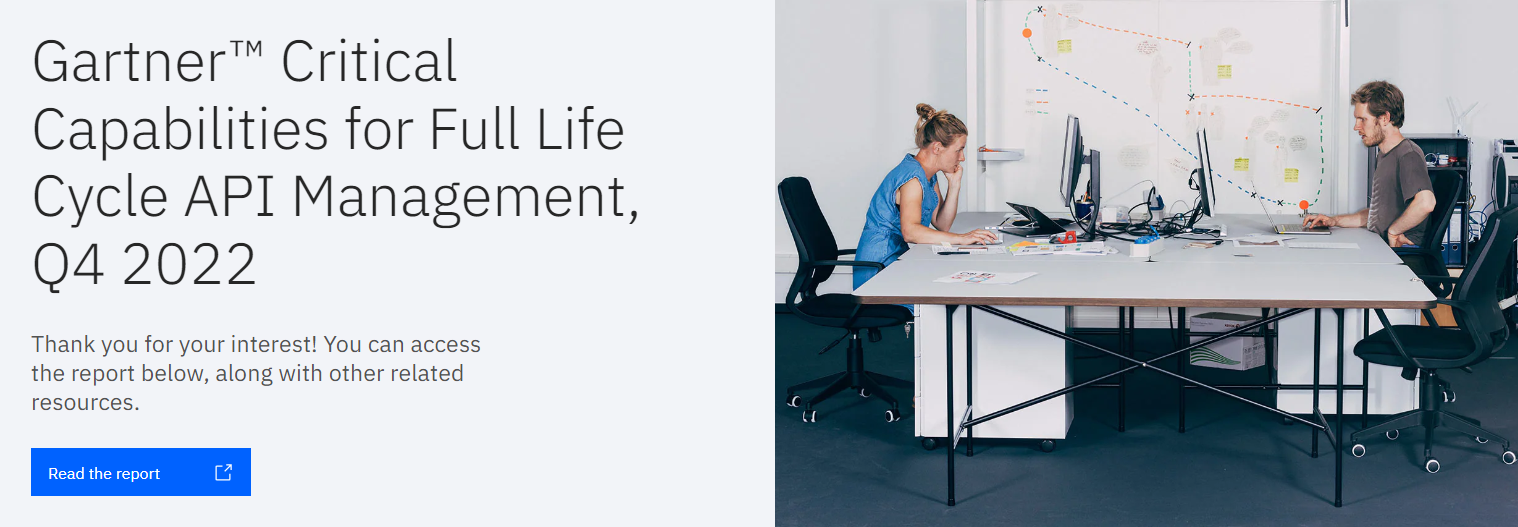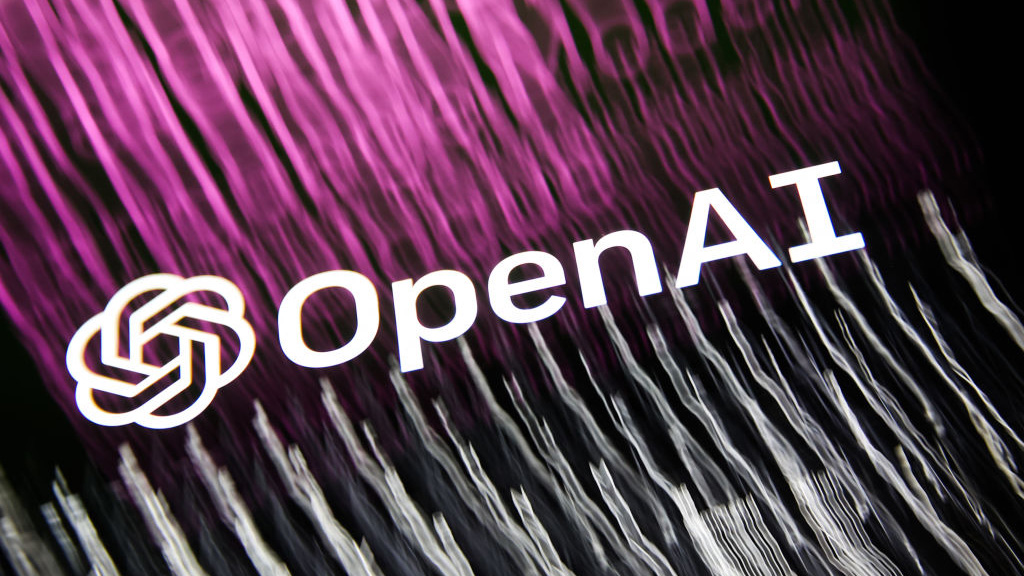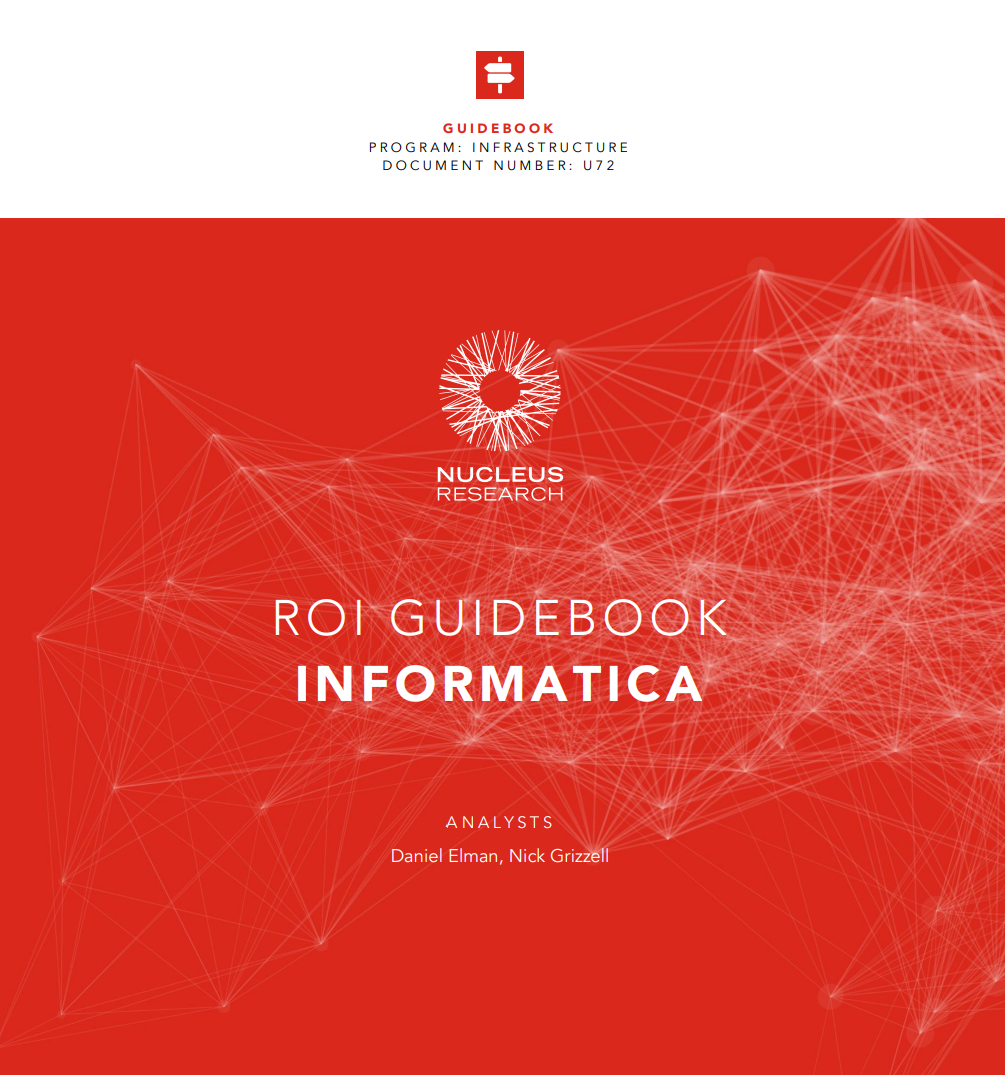OpenAI tool previously thought 'too dangerous' for the public goes generally available
The natural language processor has previously been found to generate racist and other types of prejudicial content


OpenAI has made its market-leading GPT-3 natural language processing (NLP) API generally available to developers for the first time.
The company believes making its API generally available was made possible due to its progress with safeguards, and that opening up the API to all developers will help see applications developed faster.
Previously, developers would have to join a waiting list in order to access GPT-3 while OpenAI manually vetted them before they could access and experiment with the tool.
A large emphasis has been placed on safe use of the tool, which in the past has been criticised for a range of shortcomings, including racism and prejudices against specific genders and religions.
Safety improvements to the GPT-3 API over the past few years have been focused on better adherence to human instructions and application of stricter content filters which have helped developers mitigate abuse generated by the natural language processor, OpenAI said.
GPT-3 was previously described as 'too dangerous to release to the general public' in years previous when fears were sparked over its ability to generate convincing fake news.
OpenAI said tens of thousands of developers are currently working with the GPT-3 API and using it to generate bespoke AI models using the platform. GPT-3 is a general-purpose AI tool that developers can use to create their own products, unlike many other available AI platforms which are for more specific use cases.
Get the ITPro daily newsletter
Sign up today and you will receive a free copy of our Future Focus 2025 report - the leading guidance on AI, cybersecurity and other IT challenges as per 700+ senior executives
The company provides developers with best practices and content guidelines to ensure GPT-3-enabled projects are built responsibly, preventing potential misuse.
Projects which knowingly generate or allow others to knowingly generate content with political, sexually explicit, violent, harmful, and hateful themes - among others - are prohibited under OpenAI's content guidelines.
It's unclear whether OpenAI will still review each developer applicant on a per-project basis and how it plans to police the use of its API now it's generally available. IT Pro contacted the company for clarification, but it did not reply at the time of publication.
The safeguards in the GPT-3 API are likely to improve as more developers use the tool and highlight errors. OpenAI said it will open up the API for an even wider remit of use cases once the tool becomes safer and developers can be more confident that it will not generate wrong or harmful content.
OpenAI introduced the NLP tool first in 2015 but has since gone on to collaborate with some of the biggest names in tech to produce other AI-powered products.
Earlier this year, the company helped GitHub build an AI pair programmer called GitHub Copilot which analyses the context within a development environment to automatically suggest lines of code or entire functions.
Microsoft also worked with OpenAI last year to help build a new supercomputer hosted in Azure which was designed to specifically help train OpenAI's large scale artificial intelligence models.

Connor Jones has been at the forefront of global cyber security news coverage for the past few years, breaking developments on major stories such as LockBit’s ransomware attack on Royal Mail International, and many others. He has also made sporadic appearances on the ITPro Podcast discussing topics from home desk setups all the way to hacking systems using prosthetic limbs. He has a master’s degree in Magazine Journalism from the University of Sheffield, and has previously written for the likes of Red Bull Esports and UNILAD tech during his career that started in 2015.
-
 Cheap cyber crime kits can be bought on the dark web for less than $25
Cheap cyber crime kits can be bought on the dark web for less than $25News Research from NordVPN shows phishing kits are now widely available on the dark web and via messaging apps like Telegram, and are often selling for less than $25.
By Emma Woollacott Published
-
 Redis unveils new tools for developers working on AI applications
Redis unveils new tools for developers working on AI applicationsNews Redis has announced new tools aimed at making it easier for AI developers to build applications and optimize large language model (LLM) outputs.
By Ross Kelly Published
-
 Critical capabilities for full Life Cycle API Management
Critical capabilities for full Life Cycle API ManagementWhitepaper Software engineering leaders should use this research to assess and compare the capabilities of 17 products across five use cases.
By ITPro Last updated
-
 Magic Quadrant for Full Life Cycle API Management
Magic Quadrant for Full Life Cycle API ManagementWhitepaper Assessing vendors in the fast-evolving full life cycle API management market to help software engineering leaders pick the right one
By ITPro Published
-
 OpenAI launches ChatGPT API for businesses at competitive price
OpenAI launches ChatGPT API for businesses at competitive priceNews Developers can now implement the popular AI model within their apps using a few lines of code
By Rory Bathgate Published
-
 Nucleus Research ROI guidebook: Informatica iPaaS
Nucleus Research ROI guidebook: Informatica iPaaSWhitepaper Connecting disparate applications and data deployed in diverse environments
By ITPro Published
-
 Rackspace taps Digivante to offer AI-based application testing
Rackspace taps Digivante to offer AI-based application testingNews The partnership is aimed at improving software delivery and reducing test cycle times
By Praharsha Anand Published
-
 Facebook reveals wrist-based hardware for augmented reality
Facebook reveals wrist-based hardware for augmented realityNews The social network is working on a wearable prototype that uses haptic technology
By Bobby Hellard Published
-
 Twilio Programmable Video combines video with AR
Twilio Programmable Video combines video with ARNews The real-time streaming platform paves the way for multi-user AR experiences
By Clare Hopping Published
-
 Twitter XSS flaw could allow hackers to take over
Twitter XSS flaw could allow hackers to take overNews A bug found in Twitter’s API still hasn’t been fixed yet.
By Asavin Wattanajantra Published